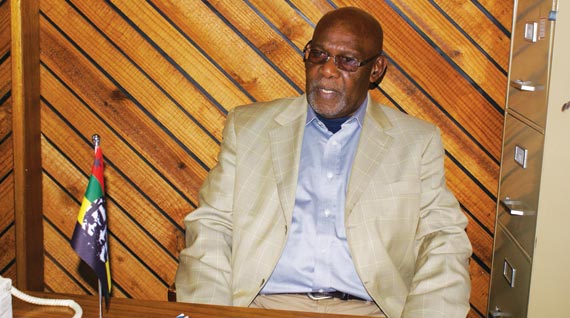
THE country’s amended labour laws do not address the plight of workers, and are far removed from the international conventions on labour, the opposition Zapu has said.
BY NQOBANI NDLOVU
Trade unions have also criticised the Labour Amendment Act, condemning it as subjecting employees to abuse by employers and turning them into modern-day slaves.
The Zimbabwe Congress of Trade Unions (ZCTU) has since vowed to pile pressure on government to amend the Act and give it a human face.

Zapu president Dumiso Dabengwa told Southern Eye in an interview early this week that there was nothing to celebrate about the amended Labour Act, and accused the government of having adopted a populist approach that has left workers more exposed to abuse by their employers.
“The Labour Act is not enough to address the plight of workers in Zimbabwe. It depicts a country far removed from international conventions on labour. It is too little, too late,” Dabengwa said.
“The government should have engaged employers and employee unions as well as international labour experts to draft a comprehensive and constitutional labour Bill. But as usual, they adopted the populist approach and opened the proverbial can of worms.”
- Chamisa under fire over US$120K donation
- Mavhunga puts DeMbare into Chibuku quarterfinals
- Pension funds bet on Cabora Bassa oilfields
- Councils defy govt fire tender directive
Keep Reading
Dabengwa said it was disheartening that Zimbabweans were risking life and limb crossing the crocodile-infested Limpopo River en-route to South Africa as they fled poverty induced by several years of Zanu PF misrule.
“With the current drought, the numbers of our employed youths both with degrees and those rejected by the irrelevant education sector are braving the crocodiles in the Limpopo River crossing into South Africa.
“It is disheartening to note with all the reported crime levels of South Africa, recent xenophobic attacks and the recession of the South African economy, it is still an attractive alternative to our own economy and job market,” he added.










